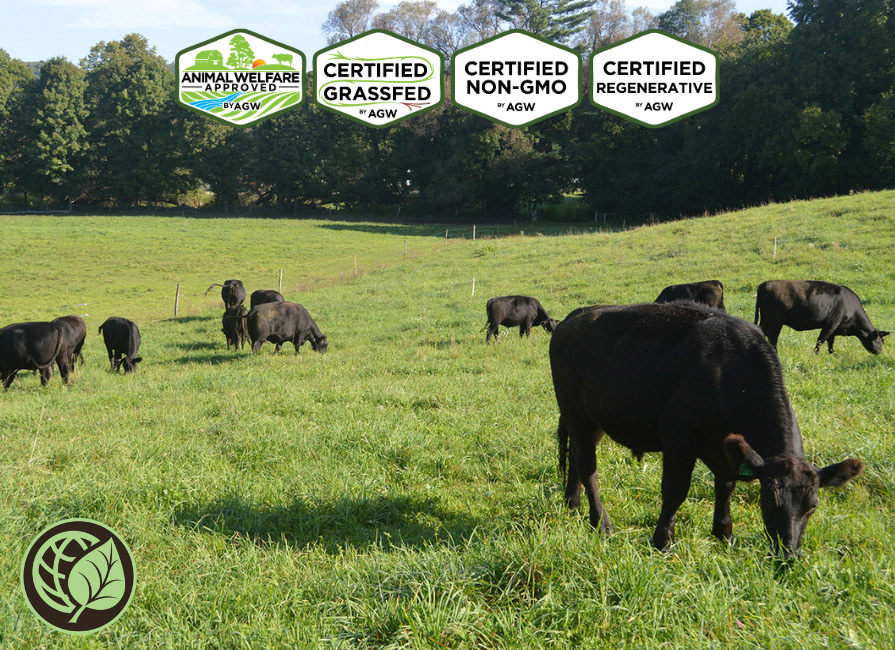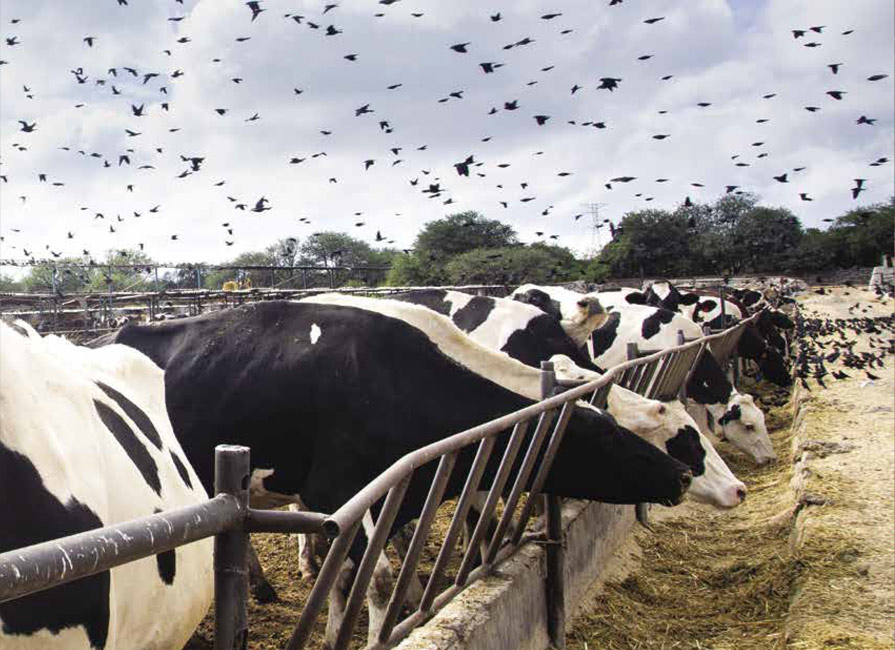One of the key attractions of our Certified Regenerative by AGW program is its practical…
E. coli and The Misuse of Antibiotics
 When it comes to food and farming, unfortunately it often takes a major public health scare to bring about necessary changes in policy and practice. Unless you have been on another planet you will have no doubt heard the news of the horrific food poisoning outbreak in Europe which has killed 24 people and left almost 2,500 sick.
When it comes to food and farming, unfortunately it often takes a major public health scare to bring about necessary changes in policy and practice. Unless you have been on another planet you will have no doubt heard the news of the horrific food poisoning outbreak in Europe which has killed 24 people and left almost 2,500 sick.
At the time of writing the exact source of this E. coli outbreak is still not known, although almost all cases have occurred in Germany or were directly linked to travel there. But while the primary focus remains identifying the source of the outbreak and treating those affected, scientists have already expressed alarm at the fact that this particular strain of E. coli – E. coli O104:H4 – is resistant to several classes of important antibiotics. And the consensus is that one of the most likely reasons for the development of this multiple-resistant strain is the misuse of antibiotics in intensive livestock farming systems.
As if this devastating E. coli outbreak isn’t already damning enough, last week a paper from Cambridge University scientists in the Lancet Infectious Diseases journal confirmed the emergence of a new strain of MRSA with multiple resistance to key antibiotics in British dairy cows, which can cause life-threatening illness in humans. Again, the scientific consensus is that the cause is the routine use of antibiotics in dairy farming, which are used to treat the cattle health problems associated with very high levels of milk production per cow.
So how did we get to this point – and what can we do about it now?
Whether it is dairy, beef, pig or poultry, almost all intensive farming systems rely on the routine use of low-dose antibiotics to maximize productivity at the lowest possible cost. These low doses of antibiotics are not given to animals because they are actually sick, but because they are managed in a way that encourages diseases to thrive. If you keep beef cattle in crowded feedlots and give them high levels of grain in their diets they are very likely to get stressed, reducing their natural immunity to diseases, and increasing the risk of liver abscesses, bloat and acidosis. This might not be enough to kill them, but it certainly doesn’t make them feel great. As a result, their growth rate will drop – meaning less profit for the intensive farm. Giving a daily dose of antibiotics in the feed or water counters the unhealthy effects of the farming system and keeps the animals alive and growing. And this is happening on a vast scale: During 2009 alone, the U.S. Food and Drug Administration (FDA) revealed that 80% of all antibiotics produced in the U.S. were used for animals – that’s an incredible 28,820,000 pounds out of the 36,080,000 pounds produced.
The problem is that this regular administration of antibiotics can lead to a situation where the level of antibiotic is not high enough to kill all the bacteria and instead a small number survive with resistance to the drug. These antibiotic resistant strains can then pass on this resistance to other bacteria, which spread to other animals – and ultimately to humans. The first we may know about it is if we get sick and the doctors find that the treatments they once used no longer have any effect. Some estimates put the number of Americans suffering from MRSA infections at 90,000 per year – leading to nearly 20,000 deaths.
I have written many times about the misuse of antibiotics in intensive farming and the threat of antibiotic resistant bacteria (see The Defense of the Indefensible, Responsible Use of Antibiotics in Agriculture, or Antibiotics in Farming: Has Tyson Foods Shot Itself in the Foot?). Scientists and others have been warning the intensive farming industry and politicians alike of these very dangers for far too long. If this E. coli outbreak and the news of a new strain of MRSA fail to serve as a wake-up call to end the non-therapeutic use of antibiotics in U.S. farming, then we only have ourselves to blame.
The rise of antibiotic resistance has already led to a ban in the use of non-therapeutic antibiotics in a number of developed countries. The U.S. farming industry is already four years behind the European Union, 14 years behind Denmark and 24 years behind Sweden in banning the non-therapeutic use of medically important antibiotics in farm animal production. Those using and promoting intensive farming systems in the U.S. have not banned non-therapeutic use of antibiotics because such a ban would affect the way they have to farm. But isn’t preserving the usefulness of medicines we depend upon more important than cheap protein?
Danish and Dutch research has shown that over time, stopping agriculture from routinely using antibiotics that are important to human health reduces the levels of resistance. All of the countries mentioned previously have taken positive action to protect the long-term effectiveness of the antibiotics their citizens need in case of bacterial illness. And contrary to what industrial agriculturalists might want you to think, the ban on non-therapeutic antibiotics has not reduced efficiency of meat production or directly increased the cost of food. In fact, one study in Denmark showed that the ban led to lower mortality and higher growth rates in pig farming.
If there can be one positive outcome of this devastating E. coli outbreak it must be to raise public awareness of the misuse of antibiotics in intensive farming systems. On March 9, Congresswoman Louise Slaughter reintroduced The Preservation of Antibiotics for Medical Treatment Act (PAMTA), which seeks to limit the overuse of antibiotics in livestock farming so these lifesaving drugs will remain effective in the treatment of human illnesses. Congresswoman Slaughter first introduced this important bill in 2009, but the issues were publicly dismissed by the intensive farming lobby and its paid-off politicians. In light of these new developments, they will find it difficult to undermine this urgent effort to introduce essential controls on these harmful activities.
Use the following link to contact your representative now and demand that they support PAMTA.


